Prof. Wang Juanle, Chinese Academy of Sciences, Beijing, discussed strategies and systems for Belt and Road data sharing and decision-making support on 21 Sep. 2025 at XiongAn, China
During my visit to Xiongan, I attended a session conducted by Prof. Wang Juanle, Chinese Academy of Sciences, Beijing, who discussed strategies and systems for Belt and Road data sharing and decision-making support. Here are some interesting points from the talk.
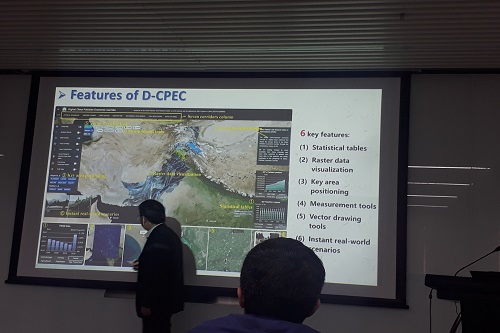
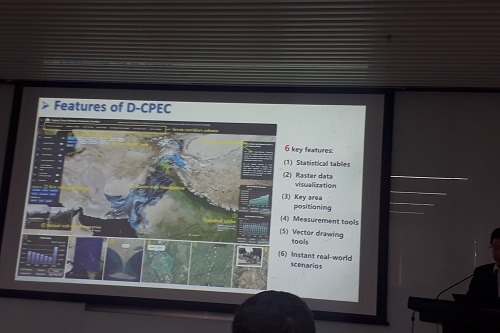
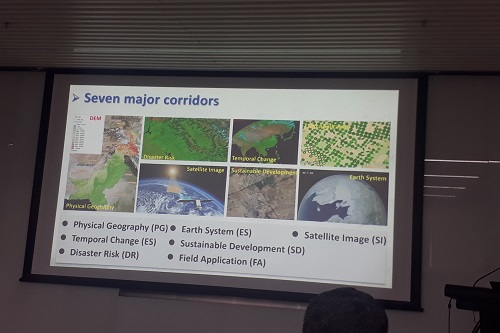
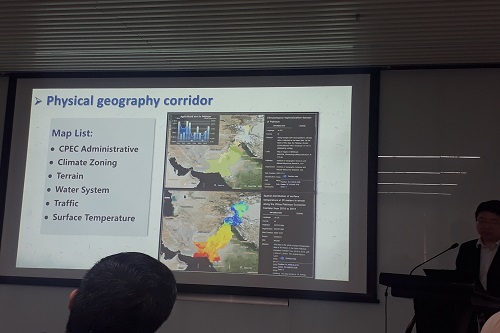
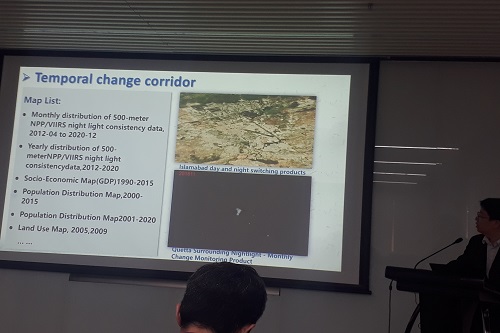
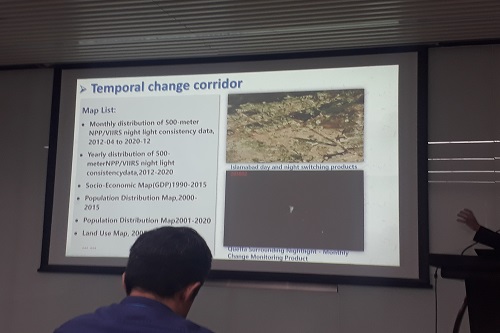
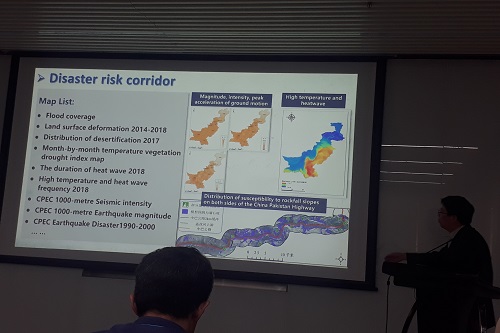
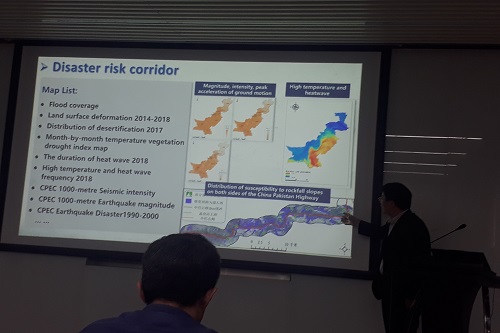
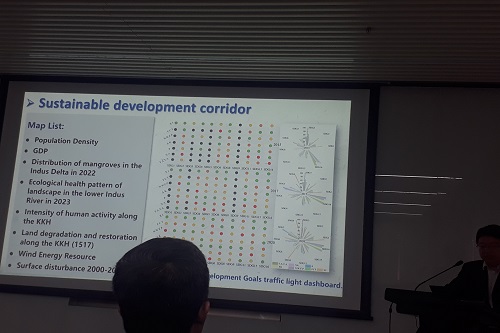
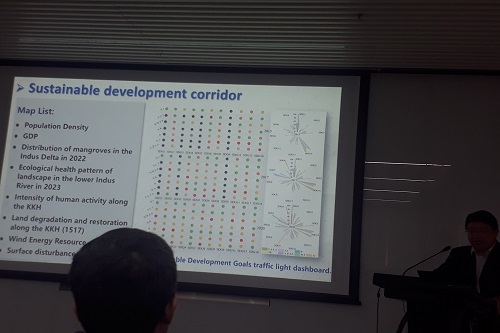
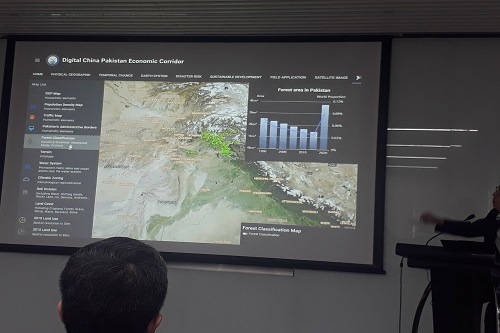
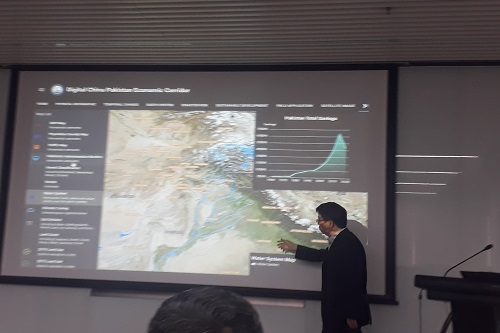
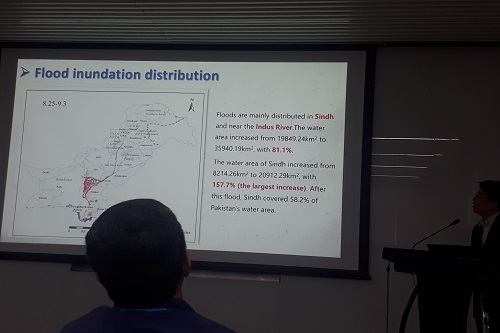
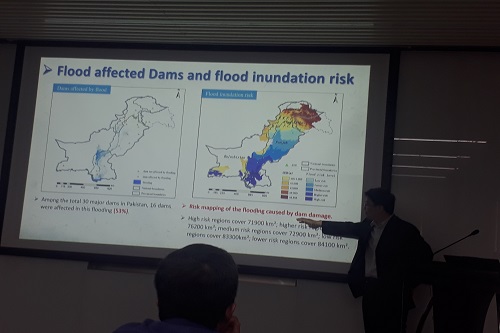
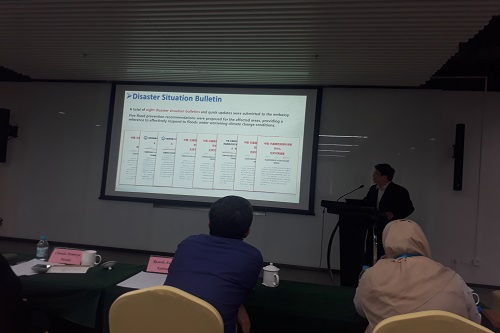
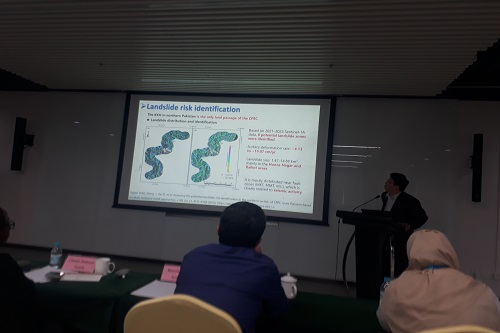
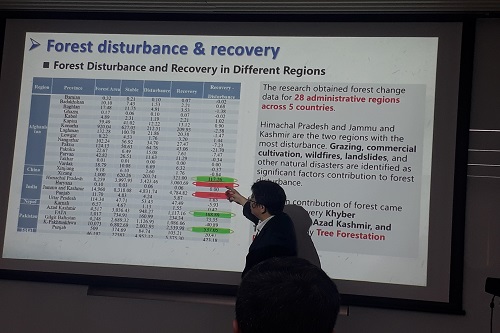
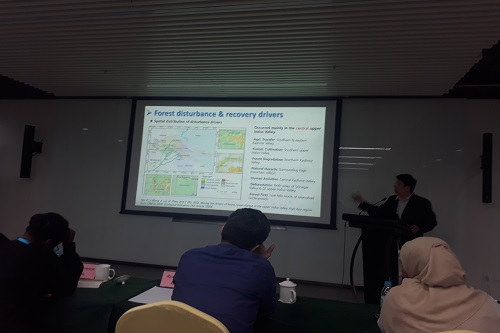
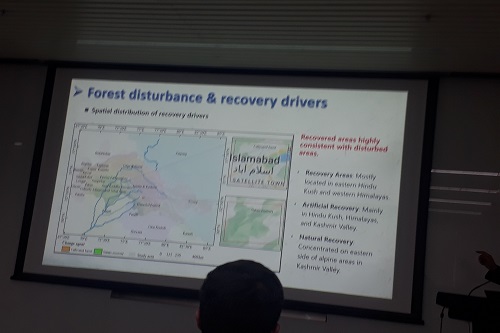
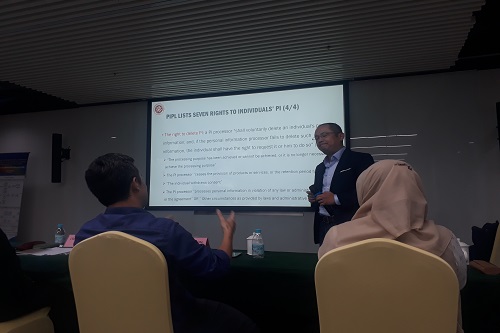
The talk firstly elaborated that the development and utilization of public data present both opportunities and challenges. Public data is broader than just government data, as it is generated by government bodies, enterprises, and institutions, making it a critical strategic resource for national development. A strong policy foundation at the national level is necessary to accelerate progress, expand the supply of public data, and promote its sharing and opening across regions and departments. However, issues such as "vertical channel problems" remain, where individual departments collect and manage data effectively, but horizontal sharing across agencies is weak. This creates inefficiencies, as citizens must approach each department separately instead of benefiting from integrated one-stop services. Efforts in China, such as building open government data (OGD) portals and assessment frameworks with indicators, show progress, with over 243 city-level open data portals and 370,320 datasets available compared to just 8,300+ in 2017.
Beyond open data, authorized operations are becoming an important approach to utilize public data in scenario-specific ways. Authorized platforms and institutions enable the sharing of data from government and enterprises under regulated frameworks, though questions remain about who authorizes, what data can be shared, and how to balance openness with security. Transparency, supervision, and proper mechanisms for authorization are essential to ensure fairness, sustainability, and industry development. Different sectors such as finance, healthcare, commerce, logistics, and public services are actively benefiting from these operations. The process is often illustrated as a tree, where security forms the roots, raw resources the trunk, services the branches, and outcomes the fruits, all under the guiding principle of fairness as the "earth" and openness as the "sun." The overall goal is to unlock the value of public data through both open access and authorized operations.
Context:A two weeks training titled "International Training Program on Policies and Applications of Government Data Governance in Belt and Road (B&D) Countries" (14-28 September, 2025) was held at XiongAn New Area, China. The training was hosted by the Department of International Cooperation of the Ministry of Science and Technology, organized by Institute of Scientific and Technical Information of China (ISTIC) and co-organized by UNESCO-IFAP China National Committee, UNESCO IFAP Information for Development Working Group (IDWG) and XiongAn Group Digital City Company.
The training included 14 participants from eight countries-China, Pakistan, Sri Lanka, Brazil, Kazakhstan, Zambia, Iran, and Indonesia-representing a wide range of expertise, including public administration, computer science, international relations, environmental science, data governance, industrial management, information science, and international communication.



